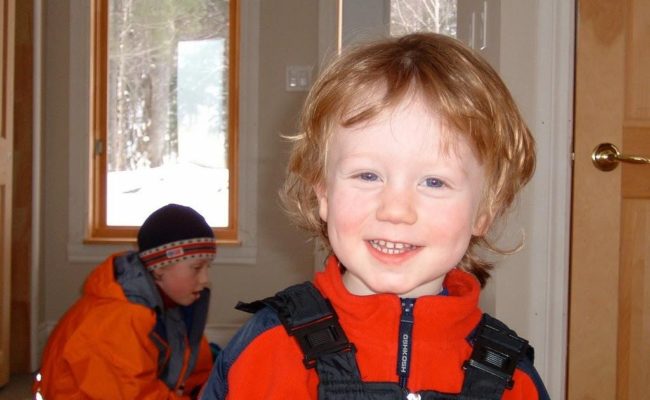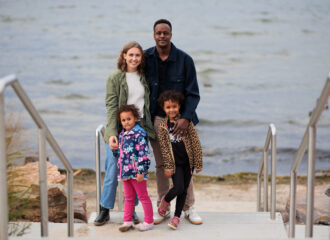
Speaking to a legislator earlier this session, I came to realize that not everyone knows about the significant integrated approach to prevention the state and a large number of partner organizations take, sometimes called upstream strategies, to ensure kids and families succeed in life.
Data shows that focusing on prevention efforts has significant impact on lowering costs down the road for other systems and services, including special education, health care and even corrections. Even more important, they help kids and their families lead healthier, happier lives.
While there are many different efforts aimed at prevention, from smoking cessation, Early Intervention, Strong Families Home Visiting, and Care Coordination to name just a few, my focus here is on a prevention framework that Vermont has committed to over many years that can be incorporated across many other prevention strategies – the tried and true Strengthening Families Framework.
Strengthening Families is a research-informed approach to increase family strengths – also sometimes referred to as “resilience”, enhance child development, and reduce the likelihood of child abuse and neglect. It is based on engaging families, programs, and communities in building five key protective factors – factors that help kids and families do better when difficult things happen to them (including Adverse Childhood Experiences, or ACEs):
1: Parental resilience: Managing stress and functioning well when faced with challenges, adversity and trauma. We can all learn ways to manage the inevitable challenges that occur in our daily lives. Parent education classes offered through the Parent Child Centers are just one strategy to help parents learn these skills.
2: Social connections: Positive relationships that provide emotional, informational, instrumental and spiritual support. Social connections include keeping in touch with family members, but also are as simple as going to community events and school events – or just talking to each other on the street and waving to each other as you pass by on the road.
3: Knowledge of parenting and child development: Understanding child development and parenting strategies that support physical, cognitive, language, social and emotional development. If you know that your three-year-old’s brain is not able to reason like your nine-year-old’s, then parenting will be a little bit easier – but there are myriad ways that knowledge of child development helps people to interact with kids in more positive ways.
4: Concrete support in times of need: Access to concrete support and services that address a family’s needs and help minimize stress caused by challenges. Concrete support can be help from a friend when your family is stressed, or help from a family member. It can also come from a Parent Child Center, church, or a state agency. It can be fundamental – like help with food or housing, or it can be more emotional, like help dealing with the fantastic new skills of your two-year-old.
5: Social and emotional competence of children: Family and child interactions that help children develop the ability to communicate clearly, recognize and regulate their emotions and establish and maintain relationships. When kids learn the difference between thinking and feeling, they are more likely to communicate successfully and feel better. These key skills result in all of us getting the help we need.
In Vermont, the Child Development Division of the Agency of Human Services have been awarding annual grants for the past eight years to help child care providers learn about and incorporate the Strengthening Families Framework into their programs.
Parent Child Centers in every region of Vermont, like the Lamoille Family Center and the Family Center of Washington County, with whom I work, promote resilience and the protective factors every day at their centers, at the many playgroups they lead, during free parent education classes, and through the Children’s Integrated Services activities they provide for their communities.
Help Me Grow, Vermont’s Child Development call center (211), also provides support for people looking for solutions and knowledge to challenges around being a family.
The five protective factors at the foundation of Strengthening Families also offer a framework for changes at the systems, policy and practice level – locally, statewide and nationally. Part of Building Bright Futures’ work includes creating and revising plans of action each regional council uses to inform and guide their work through the year, and the Strengthen Families Framework helps us identify key strategies in our communities.
At its heart, Strengthening Families is about how families and individuals find support, and are supported to build key protective factors that enable children to thrive. In most cases in our day-to-day lives, we find these five protective factors on our own. Sometimes we need a little more help – and Vermont is working through a collective impact approach to make sure that our variety of formal and informal services and supports for children and families are designed to make families strong.


